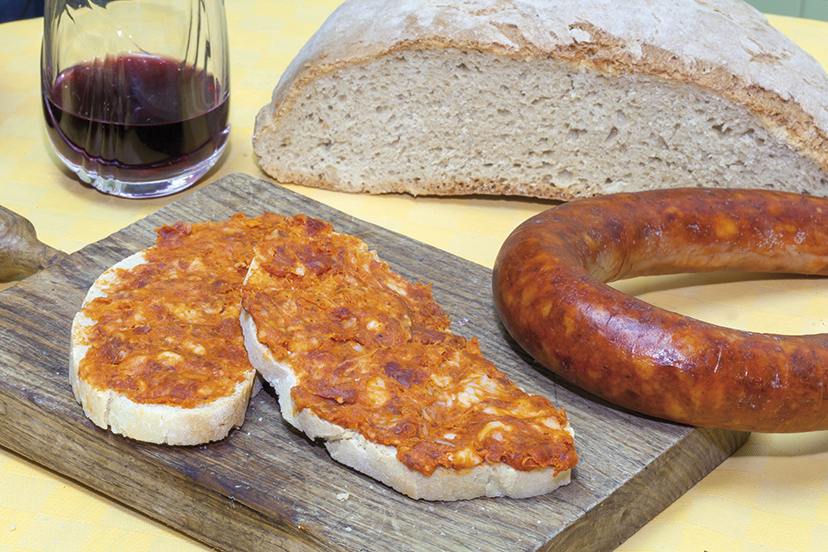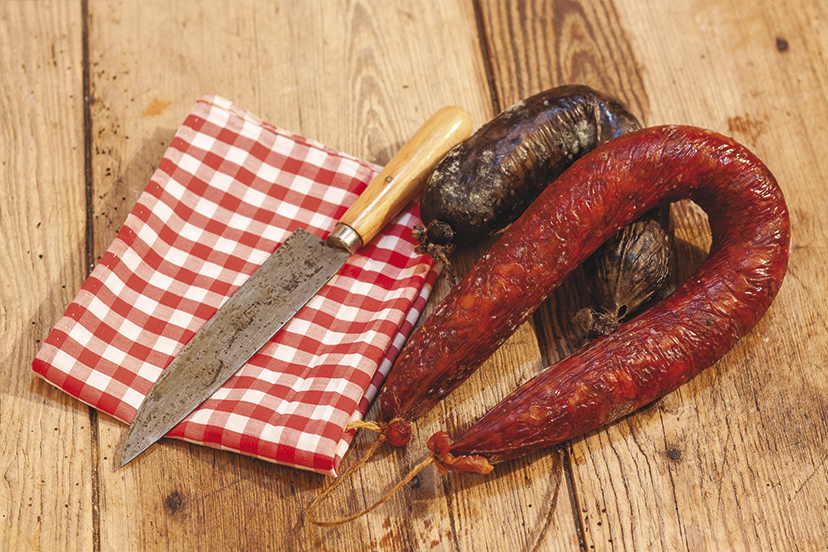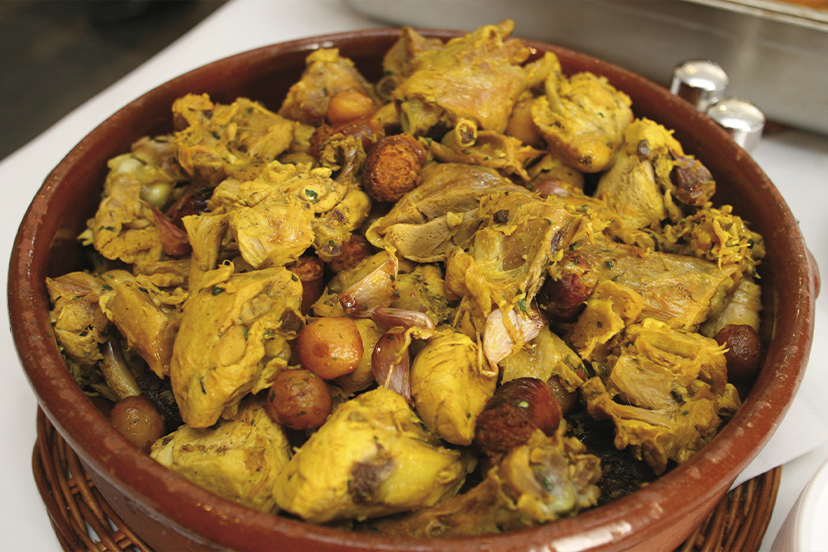Once the summer season is over and November approaches, many of the typical tourist businesses on the island hang up their “Closed for holidays” sign. This is when the frenetic pace of summer slows down on the island and little secret pleasures come to light that in busier times are not so easy to appreciate: the fields turn green, watered by the dew that lays on the land until almost midday, flowers fill the formerly parched fields (one spectacle that is not to be missed is the almond blossom that blooms around the villages of Sant Mateu and Santa Agnès from the month of February). In the city, the pace of life winds down, inviting a stroll around town, discovering nooks and crannies, now with practically no one about, no terraces, chairs and tables, and the cuisine on offer is prepared with more time in hand and more intensely, and you can discover time honoured flavours and tastes that are hard to find anywhere else in Spain.
In this regard, against the backdrop of the countryside, with its slow pace and peaceful atmosphere, the annual pig killing is an unmissable event. At this time of year there are hundreds of farmsteads in rural areas that celebrate this ancient tradition known as the matanza. It involves a hard day’s work, where all those invited must join in the work of cutting up the pig and making the cured meats and sausages which will feed them all year round.
Ibizan sobrasada is one of the matanza’s most highly appreciated products. Its main ingredient is lean meat, along with pork fat, belly and sweet paprika, which not only acts as an antioxidant, but provides the colour and taste that characterises sobrasada.
The meats are quite coarsely chopped and so the different pieces of meat and fat are easily distinguishable, unlike other more fatty sobrasadas which are very finely minced, Ibizan sobrasada is not just smeared on bread but spread all over the surface, au naturel, or even more deliciously, it is slightly roasted. It is also used as a condiment in traditional dishes, from the everyday bullit de mongetes to the festive sofrit pagès” for high days and holidays.
Sobrasada bearing the SABORS D’EVISSA label remains faithful to the traditional recipe made with pigs raised and fattened on the island, fed mainly on cereals and carob before the matanza, when their meat is coarsely chopped. It can be found in shops bearing the label Sabors d’Eivissa and can be purchased from the following Ibizan producers: Es Cucó, in Sant Agustí; Companatge in Santa Gertrudis; Carnes Juan Viola, in Sant Antoni and Can Ros in Sant Jordi.
Winter is also a time when a taste of the sea is welcome, with squid, molls (red mullet) gerret (caramel) the latter prepared in escabeche- fried and pickled- or in rice and cauliflower. The market gardens provide sweet potatoes, and it is the time to harvest oranges and avocados, but in particular, this is the season for traditional Ibizan cabbage, a large variety of leafy greens which can weigh up to 2 kilos and with hearts that tightly close as the cold weather approaches, in season from mid-November to January.
This pagesa or farmer’s cabbage has a pleasant aroma and taste, unlike other commercially sold cabbages and so it can also be used raw. It is used in one of the most typical winter dishes such as ossos amb col, a dish full of ingredients typical of the Ibizan market garden, such as red potatoes, white sweet potatoes and the salted bones preserved from the matanza. Traditionally, it is also the main ingredient of winter salad, sliced very finely and dressed, and it is a common feature of the daily menu during the pig killing season, presenting a lighter option that counteracts the heaviness of other dishes served.
As with most green vegetables, cabbage is 92% water and is low in calories. However, it is an extremely healthy food given its fibre content, vitamins, minerals, glucosinolates and secondary metabolites such as flavonoids. These compounds contained in cabbage provide us with the basic elements for a healthy and beneficial diet.
Ibiza in winter is enjoyable on so many levels and your palate and the island cuisine are yet another of those reasons.


